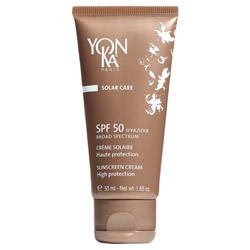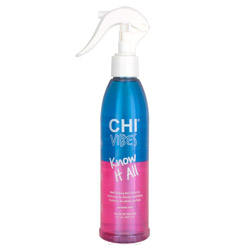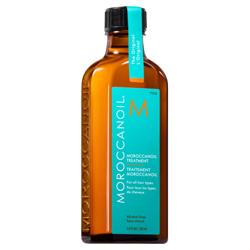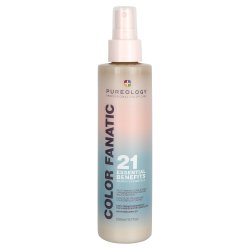Protect Your Hair & Skin from the Sun
Summer is finally here! The sun is out and everyone wants to be outside enjoying the beautiful weather, but sometimes we forget our sun protection! Protecting your skin from harmful UVA and UVB rays not only is good for the health of your skin but will also help prevent pre-mature aging on your skin.
I'm sure you've been told that there are different types of sun protection, physical and chemical, but what is the difference between the two? Is one better than the other?
Chemical Sunscreen
Chemical sunscreen absorbs into the skin and then absorbs UV rays, converts the rays into heat, and releases them from the body. When would you choose chemical sunscreen? Chemical sunscreens are great for long relaxing beach days. This type of sunscreen is water-resistant and will withstand sweat as well. Chemical sunscreens also absorb into the skin quickly, but for those with sensitive skin and those who are worried about possible ill effects of chemical exposure, a physical sunblock may be a better option. The ingredients in chemical sunscreen include avobenzone, octinoxate, and oxybenzone. Chemical sunscreen can also be worn with other skincare products and is lightweight enough to wear with cosmetics.
Physical Sunblock
Now that you're an expert on Chemical Sunscreens, what about Physical Sunblock? This is called a sunblock rather than sunscreen because sunblock reflects the sun's rays. So it creates a barrier between the skin and the sun's ultraviolet rays. Sunblock provides broad-spectrum sun protection from both UVA and UVB rays. This will protect skin immediately prior to application, is not as irritating for sensitive skin, and is less likely to clog pores for those with acne-prone skin. The minerals titanium dioxide and zinc oxide are the main active ingredients in physical blocks.
We all know that our skin needs protection from the sun, but did you know that your hair does as well? UVA and UVB rays from the sun can cause hair color to fade out and cause your hair to dry out.
The sun's strong rays can deplete the lipids from your hair. Lipids are an essential part of the hair shaft as they coat and protect hair and lock in hydration. When hair loses its natural lipids it also loses moisture. This leaves hair dry and brittle and in serious need of hydration.
Fast Color Fade Out
Whether your hair is color-treated or natural you will notice your hair slightly lightening up in the summer months. This is because the sun's rays combined with oxygen cause the melanin (natural pigment) in the hair to react and fade. To prevent this, apply a sun protection product that contains UV filters as your finishing product. Exposure to UV rays tends to make your hair brittle and prone to damage.
Dehydrated Hair
High temperatures can also cause damage to your hair and deplete your hair's natural moisture. Many are not aware that elements like saltwater, chlorine, and hair products can build up on the hair and scalp, which worsens the situation. Unless washed off, these can suffocate the hair and disrupt your hair's natural pH, causing your hair to dry out further.
What should I look for in my hair care?
Many hair care brands have integrated SPF into their hair care products. Look for products that have UVA and UVB filters, these will act as a shield over your hair. It is recommended to apply sun protection to your scalp as well to help prevent follicle damage. I personally use a translucent cosmetic powder to the hairline and part for added sun protection on top of any UVA and UVB filter finishing product.
Protect your hair and skin now with Beauty Care Choices, because sun protection is important!

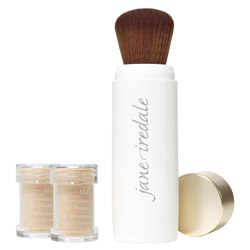
 write a review
write a review
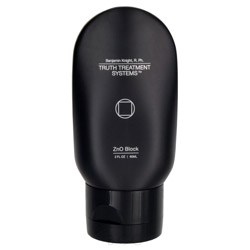
 write a review
write a review

